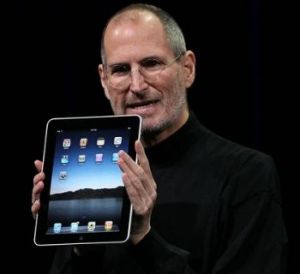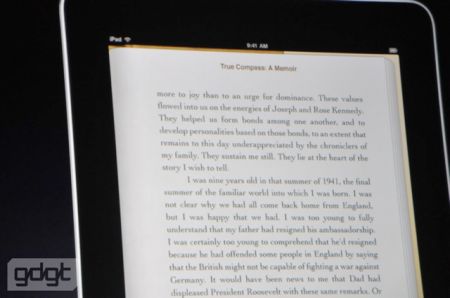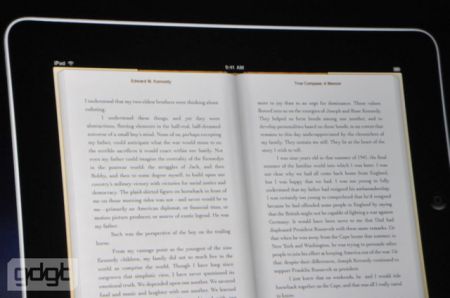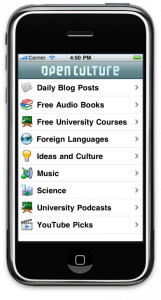Since 2007, Apple has offered universities around the world a way to distribute educational media via iTunes U. Fast forward to 2010, Harvard has now set up its own iTunes U section, with more than 200 audio and video tracks covering everything from the Harvard Kuumba Singers to a course on Justice with prominent political philosopher Michael Sandel. Other highlights include:
- Brief (one to two-minute) high-definition video tours of hard-to-see astronomical objects observed by the Chandra X‑ray Observatory — we’re talking exploded stars and black holes. Highlights include: Galactic Center in 60 Seconds (there’s a black hole at the center of the Milky Way), Chandra’s Extraordinary Universe (an overview of the Chandra project), and Best of the Beautiful Universe (the pictures of galaxy clusters are stunning).
- A Harvard University Press podcast featuring 10–20 minute long interviews with authors of such titles as: Naming Infinity: A True Story of Religious Mysticism and Mathematical Creativity; Hysterical Men: The Hidden History of Male Nervous Illness; and The Annotated Wind in the Willows.
- Videos of John F. Kennedy Jr. Forum speeches and panel discussions featuring prominent leaders, academics, and artists. As a follow-up to Michael Sandel’s Justice course linked to above, there’s a panel discussion with him and Niall Ferguson, Lani Guinier, and Peggy Noonan: JUSTICE: What’s the Right Thing to Do? There’s also a conversation with Dustin Lance Black, screenwriter of the movie MILK.
For free courses from Harvard and other fine institutions, visit our collection of Free Online Courses.
via MacWorld
Wes Alwan lives in Boston, Massachusetts, where he works as a writer and researcher and attends the Institute for the Study of Psychoanalysis and Culture. He also participates in The Partially Examined Life, a podcast consisting of informal discussions about philosophical texts by three philosophy graduate school dropouts.




 During the lazy days of summer, we quietly launched a
During the lazy days of summer, we quietly launched a 
